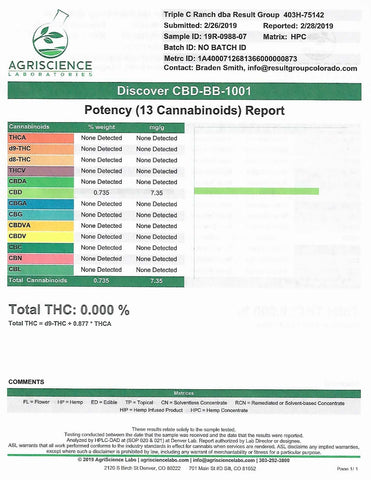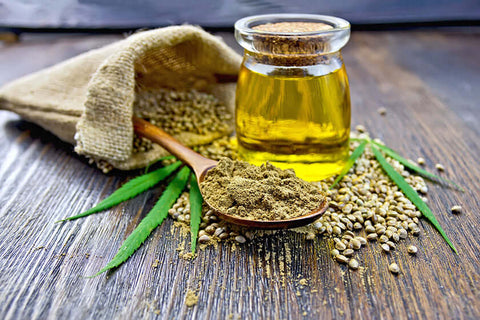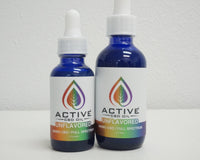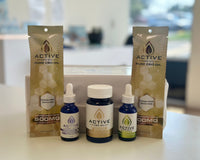Before we launch into the nutritional value of hemp I must make it clear that CBD oil and hemp oil are not the same things. Hemp oil is sourced from the seeds of the hemp plant and contains little (if any) cannabinoids. CBD oil is sourced from the stalks, leaves, and flowers of the hemp plant that does contain CBD as well as other cannabinoids. Do not be fooled by those selling hemp seed oil and marketing it as CBD oil, one should always insist on third-party lab results to verify the cannabinoid content.

With the 2018 farm bill, it is finally legal to grow hemp under the regulations set forth therein. The uses for hemp are vast and long-reaching with the potential to replace many products that negatively impact the environment as well as provide us with supplements that could enrich our diets and health.
Hemp seeds have immense nutritional value. Three tablespoons contain 9.47 grams of protein, this is close to the protein in the same amount of chicken. This is a complete protein meaning it also contains all nine essential amino acids which aid in the protein working best in our bodies. Hemp seed contains 18 of the 21 amino acids our bodies need. Nine amino acids are considered essential acids since our bodies are not able to produce them; we must obtain them in the foods we eat.
Hemp seeds also contain a number of vitamins and minerals. Three tablespoons of hemp seeds have half of the recommended daily intake of Magnesium at 210 grams, as well as the daily recommended intake of manganese and nearly half of the recommended phosphorus. Aside from those minerals hemp seeds contain calcium, iron, potassium, sodium, zinc, and copper. Its vitamin content is also quite impressive containing Thiamin, Riboflavin, Niacin, B6, Folate, Beta Carotene, and vitamins A and E. Hemp seeds are also a great source of fiber and are high in antioxidants.

Hemp oil has a similar dietary profile but lacks the protein and fiber found in the seeds. These are left behind in pressing the seeds to extract the oil. Both hemp seeds and hemp oil contain omega 3 and omega 6 oils. These oils are found in a perfect balance for the proper nutrition of the human body. Both Omega 3 and Omega 6 are lacking in most American’s diets these unsaturated fatty acids may help reverse the effects of a high trans-fat diet as is typical here in the US. Hemp oil can be used in cooking, however, when heated to high temperatures it will hydrogenate so it is better used in low-temperature dishes or baking. Salad dressing is a great way to utilize this oil as you will assure to leave its nutritional profile intact.

Hemp is also utilized to make supplements like the ones we produce here at Discover CBD. CBD oil is extracted from the leaves, stalk, and flowers. This oil is used in many applications with a wide range of uses. Research suggests CBD oil may help to modulate the immune system and help bring homeostasis to the body this may help alleviate a variety of symptoms brought on by illness, disease or imbalance of the endocannabinoid system. For further information on the products we make and reasons our clients are using these products please refer to our FAQ sheet, product reviews and other blogs posted on our website.


























